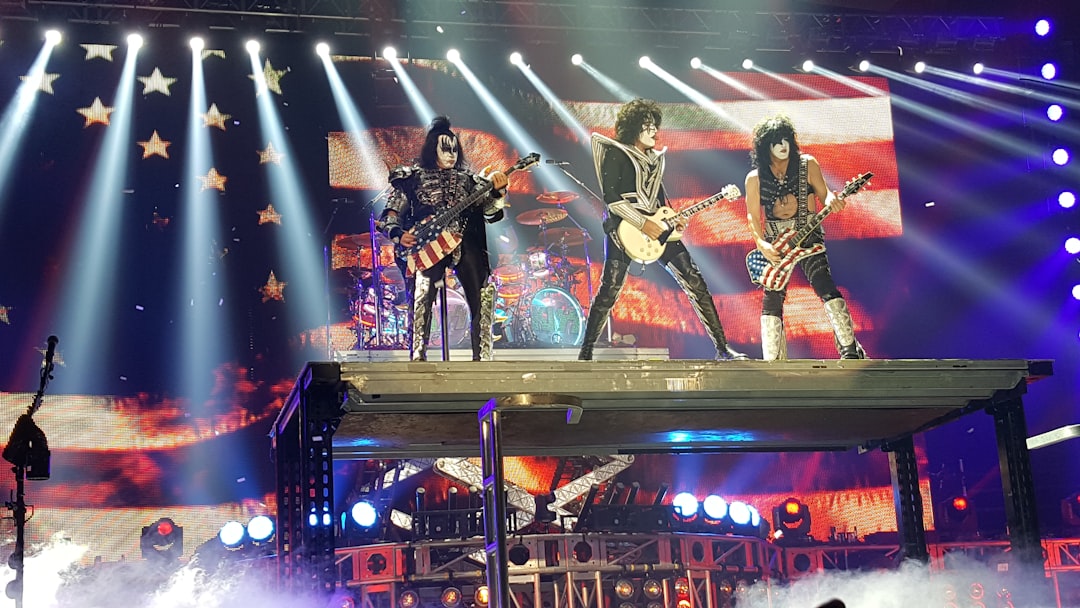Social media has revolutionized the way we consume and engage with entertainment content. From sharing movie trailers on Facebook to live-tweeting during award shows, social media has become an integral part of the entertainment industry. This phenomenon has had a profound impact on the way we discover, consume, and create entertainment content.
One of the most significant impacts of social media on the entertainment industry is the way it has changed the way we discover new content. In the past, audiences relied on traditional media outlets such as newspapers, magazines, and television to learn about upcoming movies, TV shows, and music releases. However, social media has now become the primary source of entertainment news and recommendations. Platforms like Twitter, Instagram, and TikTok allow fans to follow their favorite celebrities, influencers, and entertainment news outlets, enabling them to stay up-to-date on the latest trends and releases.
With the rise of social media influencers, the entertainment industry has also witnessed a shift in the way content is promoted and consumed. Influencers, who have built large followings on platforms like Instagram and YouTube, now have the power to shape consumer preferences and drive sales. Brands often partner with influencers to promote their products or sponsor their content, effectively integrating their message into the influencer’s social media feed. This has become a successful strategy for many entertainment companies looking to reach younger audiences who are more likely to trust recommendations from their favorite influencers.
Moreover, social media has also transformed the way we engage with entertainment content. Fans no longer passively consume movies, TV shows, and music – they actively participate in the conversation surrounding these topics. Live-tweeting during TV premieres, sharing reactions to movie trailers, and creating memes based on popular shows have become commonplace on social media platforms. This level of engagement has created a sense of community among fans and has allowed them to connect with like-minded individuals from around the world.
In addition, social media has provided a platform for up-and-coming artists, filmmakers, and content creators to showcase their work and build a following. Platforms like YouTube, SoundCloud, and Instagram have democratized the entertainment industry, allowing talented individuals to gain exposure and recognition without the need for traditional gatekeepers. This has led to the discovery of new talent and the creation of niche communities centered around specific genres or styles of entertainment.
Another significant impact of social media on the entertainment industry is the way it has changed the way content is consumed. Streaming services like Netflix, Hulu, and Spotify have capitalized on the popularity of social media by offering personalized recommendations based on user preferences and engagement. This has led to a shift in the way audiences consume entertainment content, with many opting for on-demand services over traditional cable or broadcast television.
Furthermore, social media has also given rise to the phenomenon of “binge-watching,” where viewers consume entire seasons of TV shows in a single sitting. This behavior has been fueled by social media, with fans eagerly discussing plot twists, character arcs, and cliffhangers on platforms like Twitter and Reddit. The widespread adoption of binge-watching has influenced the way content is produced and released, with many shows now opting for simultaneous global premieres to capitalize on the buzz generated by social media.
Despite its many benefits, social media has also presented challenges for the entertainment industry. The rise of fake news, online harassment, and misinformation has forced entertainment companies to navigate a complex digital landscape. Celebrities and influencers are often targeted by trolls and cyberbullies, leading to negative publicity and damaged reputations. Additionally, the spread of false information on social media has the potential to impact box office sales, album releases, and TV ratings.
In conclusion, social media has had a profound impact on the entertainment industry, transforming the way we discover, consume, and engage with content. From influencing consumer preferences to democratizing the industry, social media has revolutionized the way we experience entertainment. While there are challenges to navigate, the benefits of social media in the entertainment industry are clear. As technology continues to evolve, it will be interesting to see how social media further shapes the future of entertainment.


